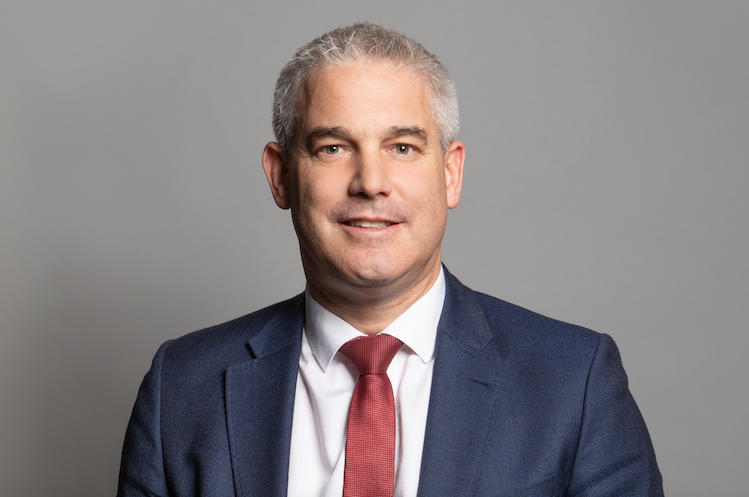Unison has announced that paramedics and other ambulance workers are set to strike this winter.
The UK’s biggest trade union announced the results of its month-long NHS strike ballot last night. 80,000 union members voted in favour of taking industrial action.
As a result, thousands of 999 call handlers, ambulance technicians, paramedics and their colleagues working for ambulance services in the north-east, north-west, London, Yorkshire and the south-west will take industrial action.
Responding to the new strike action, Steve Barclay, the health secretary said in a statement that, “our economic circumstances mean unions’ demands are not affordable”.


In full, Mr Barclay said: “I’m hugely grateful for the hard work and dedication of NHS staff and deeply regret some will be taking industrial action – which is in nobody’s best interests as we approach a challenging winter.
“Our economic circumstances mean unions’ demands are not affordable – each additional 1% pay rise for all staff on the Agenda for Change contract would cost around £700 million a year.
“We’ve prioritised the NHS with record funding and accepted the independent pay review body recommendations in full to give over one million NHS workers a pay rise of at least £1,400 this year, with those on the lowest salaries receiving an increase of up to 9.3%.
“This is on top of 3% last year when public sector pay was frozen and wider government support with the cost of living. Our priority is keeping patients safe during any strikes and the NHS has tried and tested plans to minimise disruption and ensure emergency services continue to operate.
“My door remains open to discuss with the unions ways we can make the NHS a better place to work”.
Nurse strikes are already scheduled for December 15 and December 20, with up to 100,000 staff expected to take part across 76 locations.
Speaking on Wednesday morning, Saffron Cordery, the interim chief executive of NHS Providers which represents hospital, community and ambulance services, said that it will be “incredibly welcome” for the army to “play a role” in keeping the NHS afloat this winter.
She added: “But I think it is probably clear that that will be a role at the margins, for example, the army did help out during the pandemic but it was on issues such as helping with the vaccination drive.
“I think what we have got to remember is we will really welcome their support but that won’t play a central role in keeping the ambulance service going”.
Commenting specifically on the new action by ambulance workers, Ms Cordery said: “Additional challenges on top of that I think will make response times incredibly stretched. But trust leaders, ambulance trust leaders, will be putting in place as many measures as possible to mitigate the risks of those actions”.

